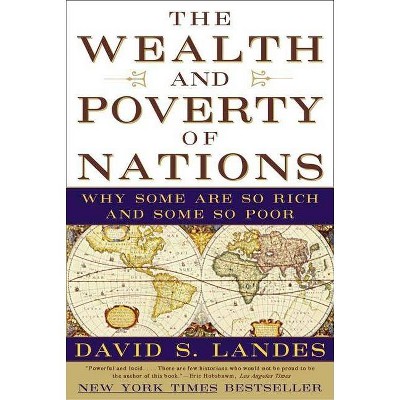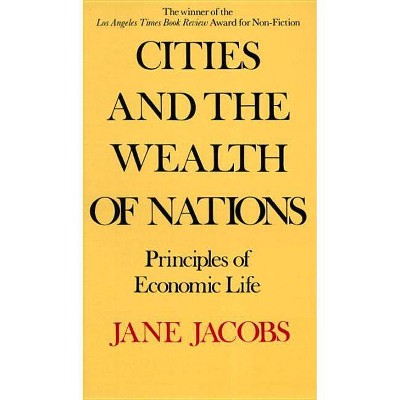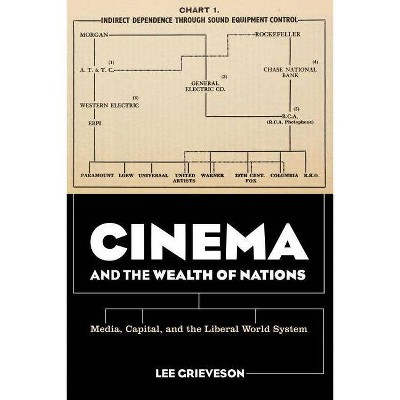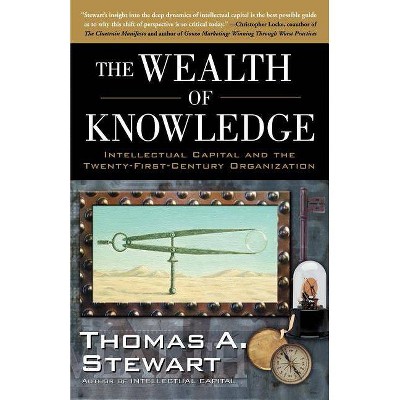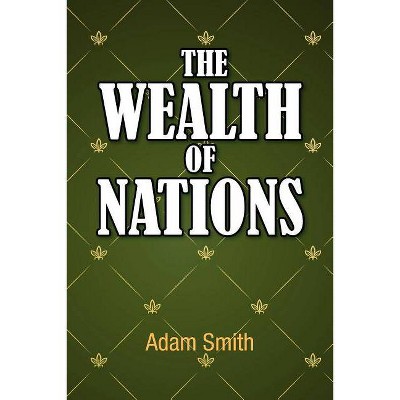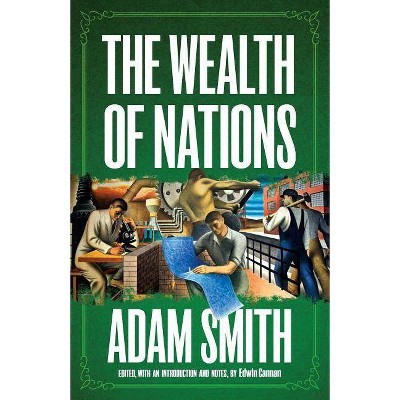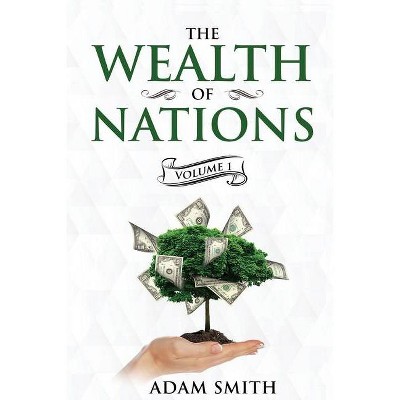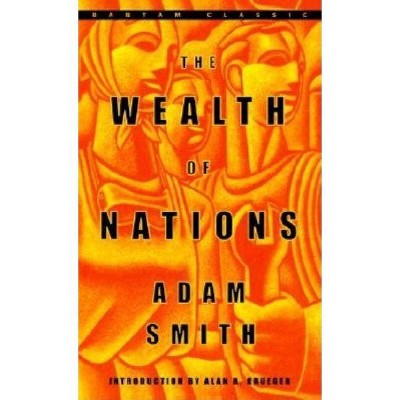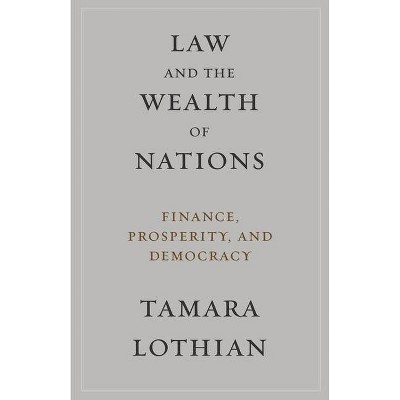Knowledge and the Wealth of Nations - by David Warsh (Paperback)
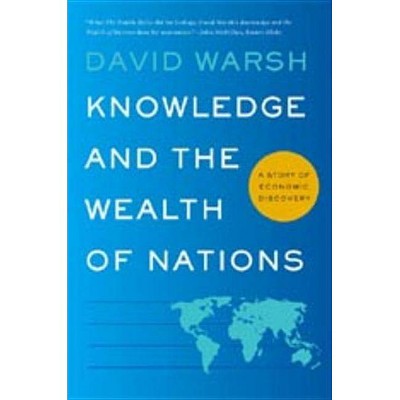
Similar Products
Products of same category from the store
AllProduct info
<p/><br></br><p><b> About the Book </b></p></br></br>Chronicling the story of what has come to be called the new growth theory, this text helps to explain dominant first-mover firms like IBM or Microsoft, underscores the value of intellectual property, and provides essential advice to those concerned with the expansion of the economy.<p/><br></br><p><b> Book Synopsis </b></p></br></br><p>A stimulating and inviting tour of modern economics centered on the story of one of its most important breakthroughs. In 1980, the twenty-four-year-old graduate student Paul Romer tackled one of the oldest puzzles in economics. Eight years later he solved it. This book tells the story of what has come to be called the new growth theory: the paradox identified by Adam Smith more than two hundred years earlier, its disappearance and occasional resurfacing in the nineteenth century, the development of new technical tools in the twentieth century, and finally the student who could see further than his teachers.</p><p>Fascinating in its own right, new growth theory helps to explain dominant first-mover firms like IBM or Microsoft, underscores the value of intellectual property, and provides essential advice to those concerned with the expansion of the economy. Like James Gleick's <em>Chaos</em> or Brian Greene's <em>The Elegant Universe</em>, this revealing book takes us to the frontlines of scientific research; not since Robert Heilbroner's classic work <em>The Worldly Philosophers</em> have we had as attractive a glimpse of the essential science of economics.</p><p/><br></br><p><b> Review Quotes </b></p></br></br><br><em>Knowledge and the Wealth of Nations</em> tells the story of the rebel economics of increasing returns. A veteran observer of dismal scientists at work...Mr. Warsh has written the best book of its kind since Peter Bernstein's <em>Capital Ideas</em>.-- "The Economist"<br><br>A fascinating journey through the world of economic thought--and the lives of economists--from Adam Smith to the present day... If you like reading stories of high intellectual drama, if you want to know the origin of ideas that, as Keynes said, are dangerous for good or evil, this book is for you.--Paul Krugman "New York Times Book Review"<br><br>A fascinating story of discovery, meticulously reported and essential reading for anyone curious as to what makes economics tick.--Tim Harford "Financial Times"<br><br>An in-depth look at the 'new growth theory, ' conceived by Adam Smith and unproven until recently, with profound implications for us all.-- "The Atlantic"<br><br>The book on [Paul] Romer for the ages, a truly splendid creation on both the science and the person.--Tyler Cowen "Marginal Revolution"<br><br>The glory of this elegantly written book is that all you need to bring is your curiosity.--Steven Pearlstein "Washington Post"<br><br>Warsh pulls off a tour de force. He takes us all the way back to Adam Smith, and then forward in time in an illuminating tour of economic history. In his hands, economics is far from the 'dismal science'--it is a discipline that, with many a zigzag and no shortage of ideological disagreements, has steadily progressed in its understanding of how economies work.--Andrew Leonard "Salon"<br><br>A great book. The first place to look to learn some of the backstory for work on growth.--Paul Romer, Winner of the Nobel Memorial Prize in Economic Sciences<br>
Price History
Price Archive shows prices from various stores, lets you see history and find the cheapest. There is no actual sale on the website. For all support, inquiry and suggestion messagescommunication@pricearchive.us
